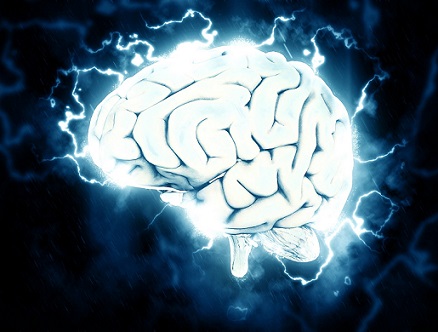Brain
How Lying Changes Your Brain
by John Gary
How does a person become a liar? Can anyone become a seasoned liar?
Popular wisdom tells us lying gets easier with time. Now science is proving this to be true and explaining what happens in our brains to make lying easier.
The Background
For a long time, scientists have recognized that emotional stimuli (sad pictures, sad music, the evening news) are less effective as time passes. More exposure creates a weakened response to emotional material.
Dishonesty for the sake of personal gain produces a negative emotional response that discourages lying. Scientists have been able to observe this process. This invited the question: how will the brain change (or not) when it continually experiences the negative emotions associated with lying?
The Study
In May of 2016, a group of scientists led by Neil Garret conducted a study exploring what happens to the brain that lies.
Participants were involved in a game where they could easily lie:
- To benefit themselves at the expense of a partner
- To benefit themselves and a partner
- For no apparent reason
In general, participants were most likely to lie when the lie benefited both themselves and their partner. They were less likely to lie if they received a benefit at the expense of the partner.
While participants differed significantly in how ‘big’ their lies were and how quickly they escalated, one factor remained consistent: once they started lying, their dishonesty increased over time.
Functional MRI: How Scientists Watch the Lying Brain at Work
Through functional MRI, researchers could watch what happened in the brain as participants lie. Functional MRI gauges brain activity by detecting changes associated with blood flow.
During the first lies, the amygdala (which processes emotions) had a strong, negative response. As participants continued to lie, the amygdala’s responses lessened. In turn, participants would tell ‘bigger’ lies with a smaller response from the amygdala.
What Does This Tell Us About Lying?
This study shows the science behind the common wisdom that lies become easier with time.
When we tell our first lies, the amygdala responds negatively with guilt and shame. Because we’re driven to make ourselves feel good this discomfort limits the extent of lying.
If we persist in lying, the amygdala adapts to the behavior so we’ll feel less guilt and shame. This allows lies to become more elaborate – the brain has adapted to allow an increase in dishonesty.
What’s the Role of Motivation?
The study suggested (although it did not prove conclusively) that motivation is a key factor in how lying impacts the brain. Participants who lied for the benefit of their partner didn’t appear to have the same process of adapting to guilt and shame and increasing in dishonesty.
More studies are needed to confirm the findings, but the suggestion is clear: the choices we make today have a longer lasting impact than we may realize.
This invites a whole new set of questions: What happens in the brains of people who tell the truth even when it exposes them? Advances in radiology are creating a whole new way to discover the answers to these questions.



